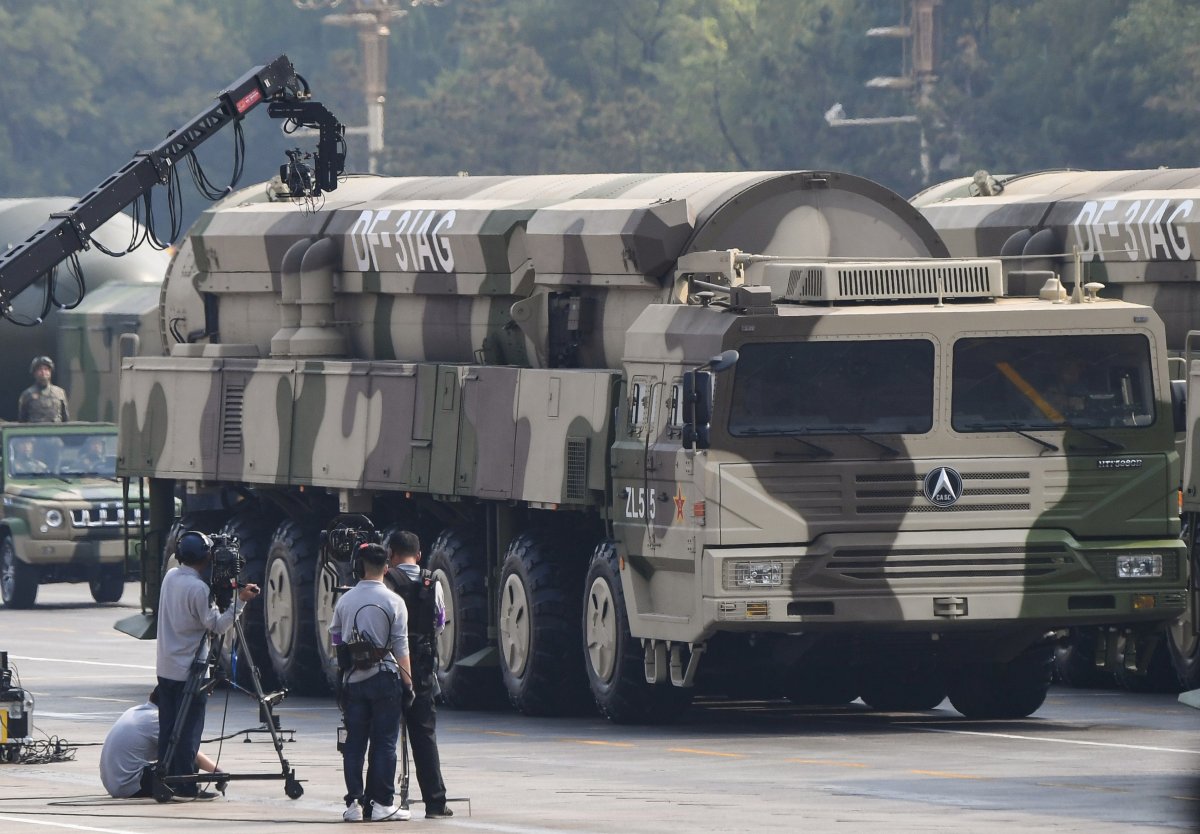
A test of China's intercontinental ballistic missile (ICBM) in September has aroused discontent from Kiribati, an ally of Beijing in the Pacific Ocean, saying it did not welcome the launch. Kiribati, an island country in the Central and south of Hawaii, on Sunday a statement via the president's office regarding the Chinese nuclear-capable test on September 25, during which . "Kiribati did not receive notice from regarding the ICBM launch and therefore there is no knowledge about this test," the statement read.
It stressed that the country "does not welcome" the launch as the high seas in the region "are not isolated pockets of oceans." The did not reveal the exact location of the warhead's splash zone. Civil aviation notifications issued prior to the launch suggested it was fired from the southern Chinese province of Hainan and splashed down north of Tahiti in French Polynesia.
New Zealand's 1News reported that the warhead landed less than 200 nautical miles from the uninhabited atoll of Caroline Island and within Kiribati's economic waters in the high seas. The atoll is located in the southeastern part of the country and north of Tahiti. Kiribati established diplomatic relations with China in 2019 and cut its ties with Taiwan, a self-ruled island that is viewed by Beijing as a breakaway province.
In February, officials of Kiribati told Reuters that Chinese police were working there to assist law enforcement. Kiribati was told by the Chinese Embassy that the test was routine and was not meant to target any country in the Pacific Ocean, according to the statement. The embassy also said the warhead landed in the "targeted spot" within international waters under monitoring.
The high seas "are parts of Kiribati and therefore we appeal to all countries involved in weapon testing to stop these acts to maintain world peace and stability," the statement added. Kiribati has signed a treaty that established the South Pacific nuclear free zone. has contacted the Chinese defense and foreign ministries for comment by email.
The Chinese military has said the launch tested the weaponry performance and , including the United States. According to a friendship treaty signed in 1979, in which the U.S.
acknowledged Kiribati's sovereignty over Caroline Island and 13 other islands, any military use by third parties of these islands shall be the subject of consultation between the two countries. The launch was the first such test by China since the 1980s. According to a photo released by the Chinese military, the missile was a DF-31AG, which has a reported range of at least 6,959 miles, capable of reaching the U.
S. mainland from most its deployment areas in China. The U.
S. has routinely conducted test launches of its ICBM. During one of the latest such tests, the unarmed warhead, also known as reentry vehicle, traveled 4,200 miles from California to an American military test site on Kwajalein Atoll, which is part of the Marshall Islands, in the Northwestern Pacific Ocean.
.










